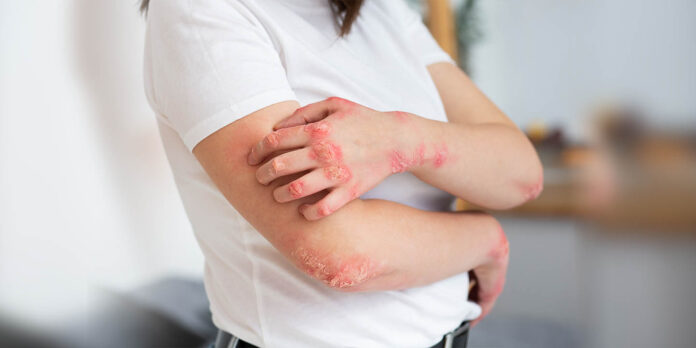Fungal infections, also known as mycoses, can affect various parts of the body, including the skin, nails, hair, and internal organs. They are caused by different types of fungi, such as yeasts, molds, and dermatophytes. Here’s an overview of common fungal infections, their causes, symptoms, and treatments:
Types of Fungal Infections
- Superficial Fungal Infections
- Athlete’s Foot (Tinea Pedis)
- Cause: Dermatophytes, typically Trichophyton species.
- Symptoms: Itching, burning, and cracked skin between the toes.
- Treatment: Antifungal creams, powders, and sprays (e.g., clotrimazole, terbinafine).
- Ringworm (Tinea Corporis)
- Cause: Dermatophytes such as Trichophyton, Microsporum, and Epidermophyton.
- Symptoms: Red, circular, and scaly patches on the skin.
- Treatment: Topical antifungals (e.g., miconazole, clotrimazole).
- Jock Itch (Tinea Cruris)
- Cause: Dermatophytes, mainly Trichophyton rubrum.
- Symptoms: Red, itchy rash in the groin area.
- Treatment: Topical antifungals (e.g., terbinafine, clotrimazole).
- Nail Fungus (Onychomycosis)
- Cause: Various fungi, including dermatophytes and yeasts.
- Symptoms: Thickened, discolored, and brittle nails.
- Treatment: Oral antifungals (e.g., terbinafine, itraconazole), topical treatments, and laser therapy.
- Yeast Infections (Candidiasis)
- Cause: Candida species, primarily Candida albicans.
- Symptoms: Vary depending on the site (e.g., thrush in the mouth, vaginal yeast infections).
- Treatment: Antifungal medications (e.g., fluconazole, nystatin).
- Athlete’s Foot (Tinea Pedis)
- Subcutaneous Fungal Infections
- Sporotrichosis
- Cause: Sporothrix schenckii.
- Symptoms: Nodules or ulcers at the site of infection, usually from a thorn prick or splinter.
- Treatment: Oral antifungals (e.g., itraconazole).
- Sporotrichosis
- Systemic Fungal Infections
- Histoplasmosis
- Cause: Histoplasma capsulatum.
- Symptoms: Respiratory issues, can disseminate in immunocompromised individuals.
- Treatment: Antifungal medications (e.g., amphotericin B, itraconazole).
- Coccidioidomycosis (Valley Fever)
- Cause: Coccidioides immitis.
- Symptoms: Flu-like symptoms, can become severe in immunocompromised individuals.
- Treatment: Antifungal medications (e.g., fluconazole, itraconazole).
- Aspergillosis
- Cause: Aspergillus species.
- Symptoms: Can range from allergic reactions to severe lung infections.
- Treatment: Antifungal medications (e.g., voriconazole, amphotericin B).
- Cryptococcosis
- Cause: Cryptococcus neoformans.
- Symptoms: Meningitis or lung infections, especially in immunocompromised individuals.
- Treatment: Antifungal medications (e.g., amphotericin B, flucytosine).
- Histoplasmosis
Diagnosis and Prevention
- Diagnosis: Usually involves clinical examination, microscopy, culture, and sometimes molecular techniques.
- Prevention: Good hygiene, keeping skin dry, wearing breathable clothing, avoiding shared personal items, and using antifungal powders in high-risk areas.
When to See a Doctor
- If symptoms persist or worsen despite over-the-counter treatments.
- If there is a widespread rash, severe discomfort, or signs of a systemic infection (e.g., fever, chills, difficulty breathing).
- Individuals with compromised immune systems should seek medical advice promptly for any suspected fungal infections.
Effective management of fungal infections often requires a combination of good hygiene practices and appropriate antifungal treatments. If you suspect you have a fungal infection, consult a healthcare professional for an accurate diagnosis and treatment plan.



